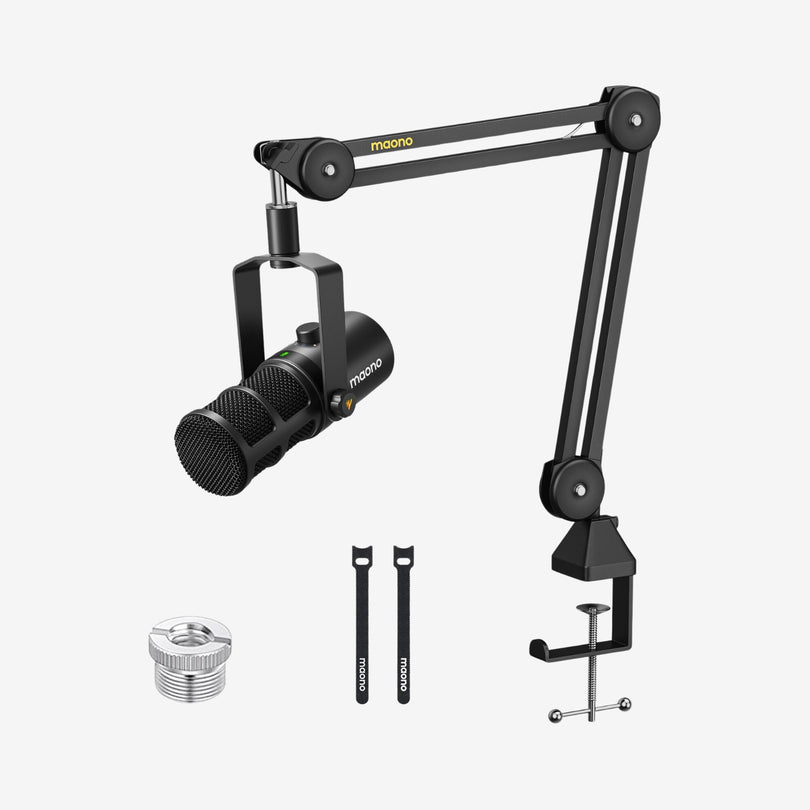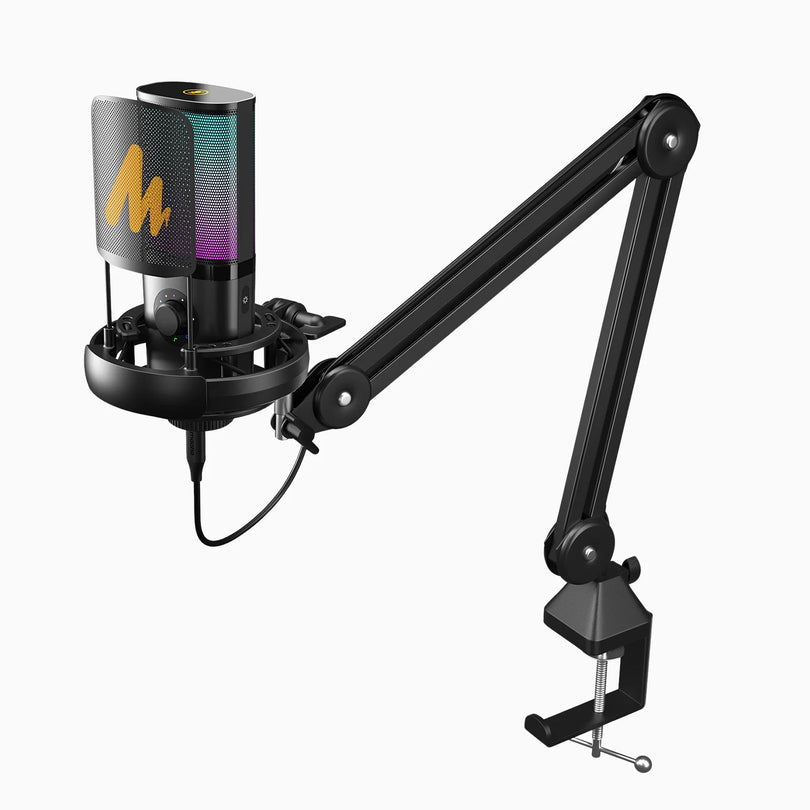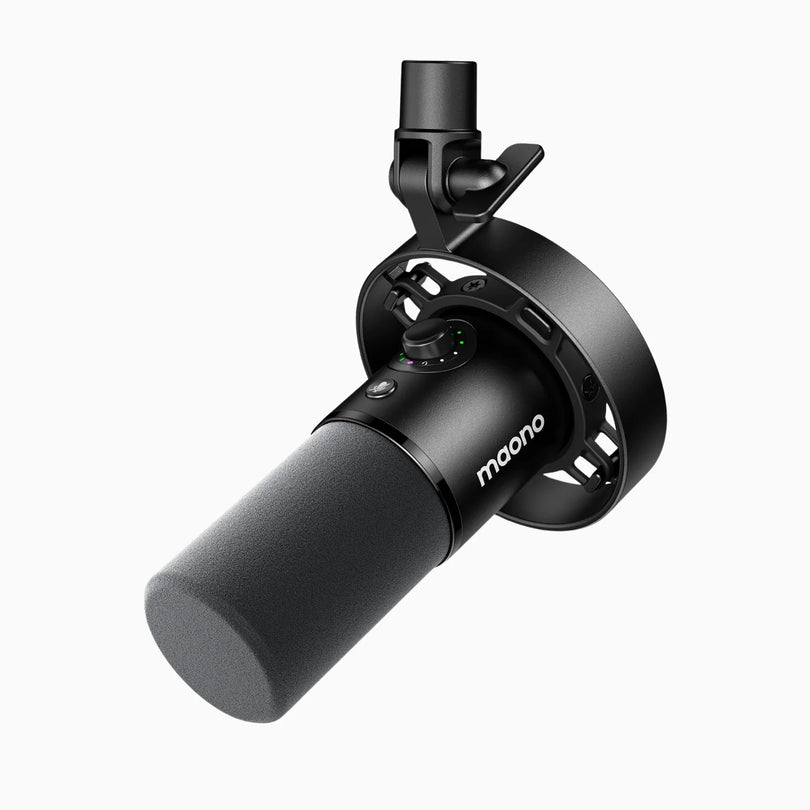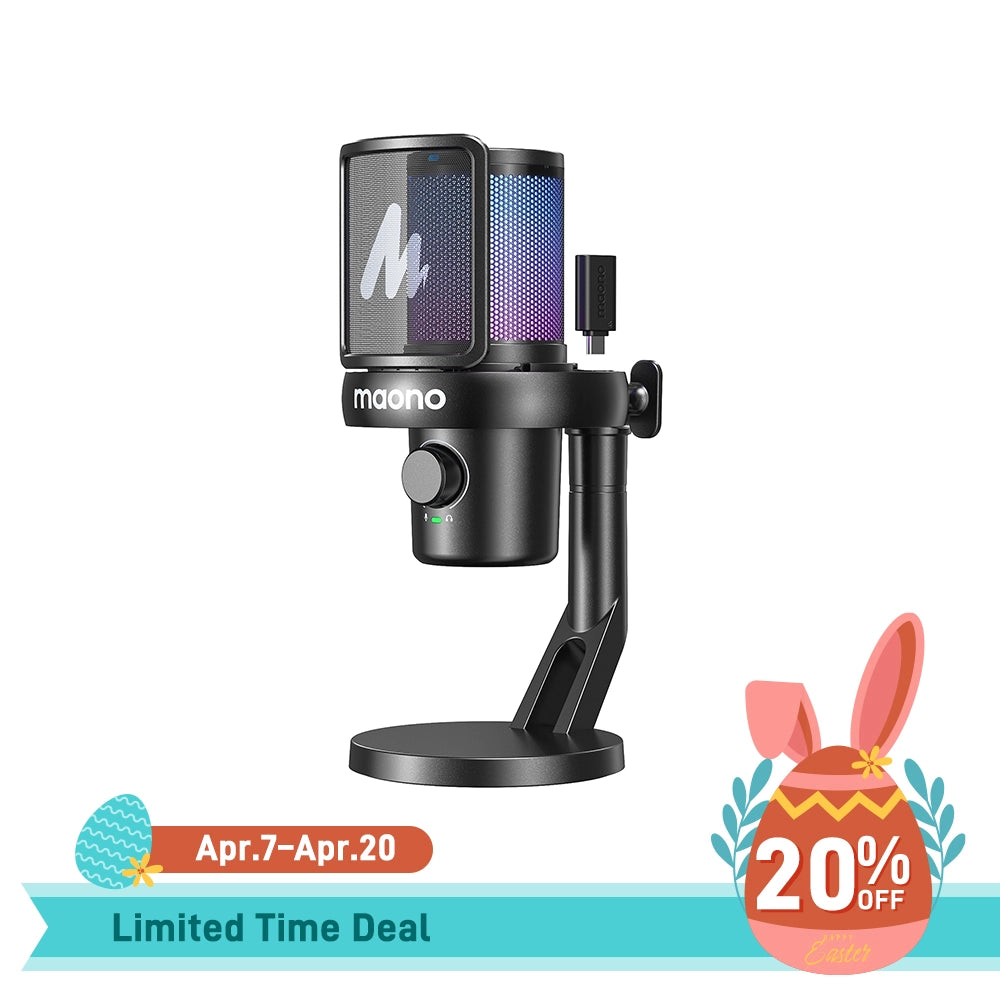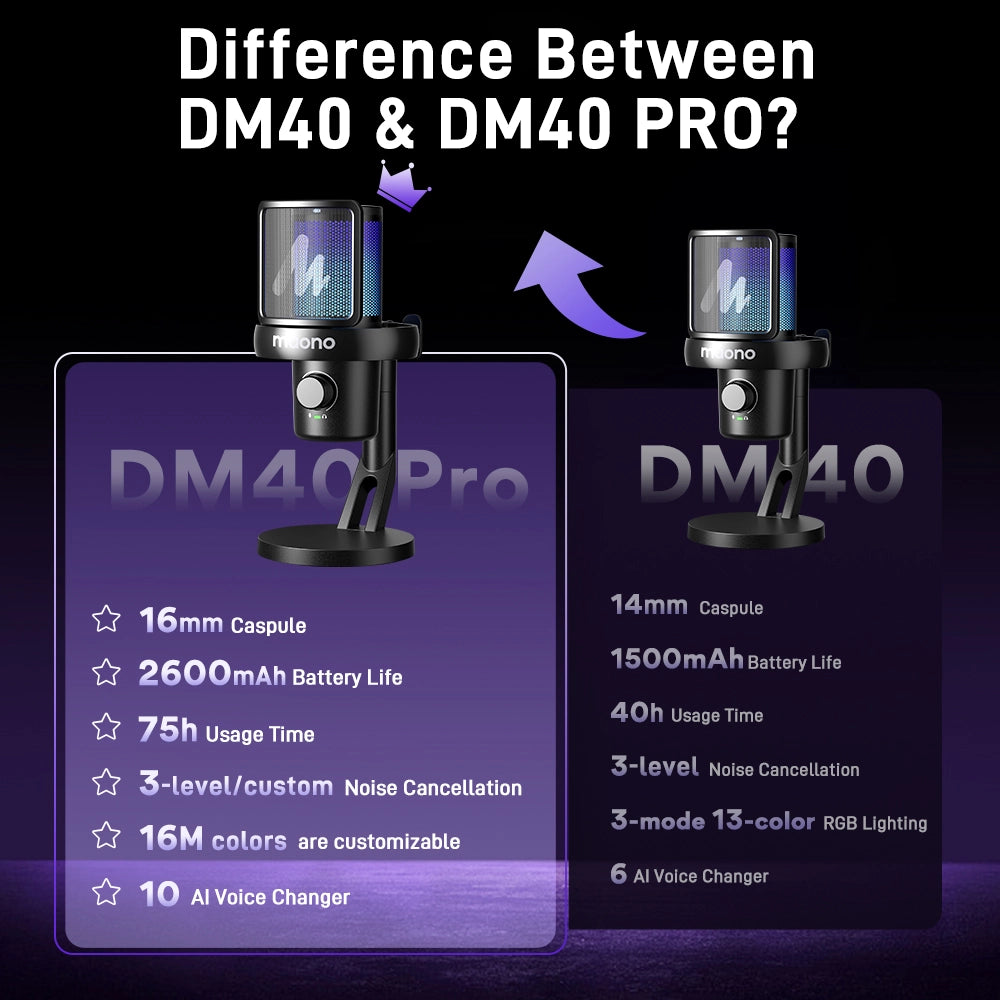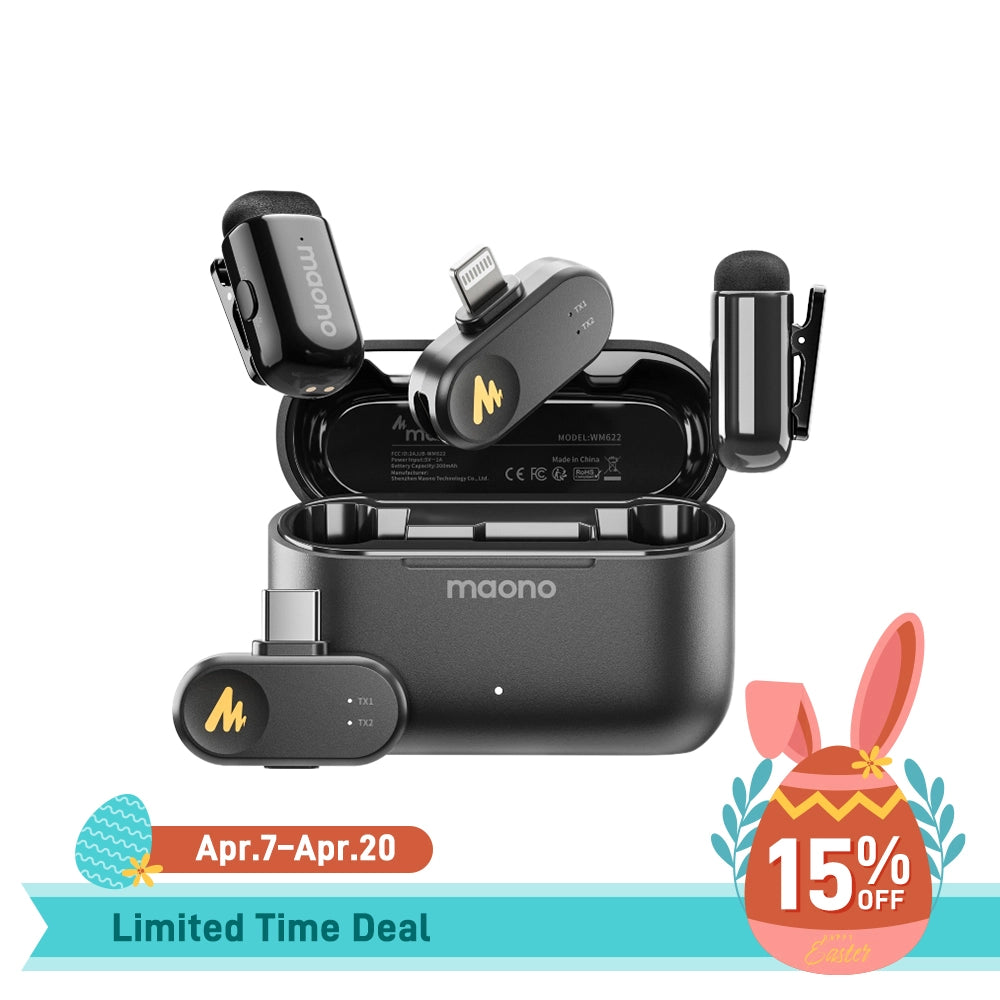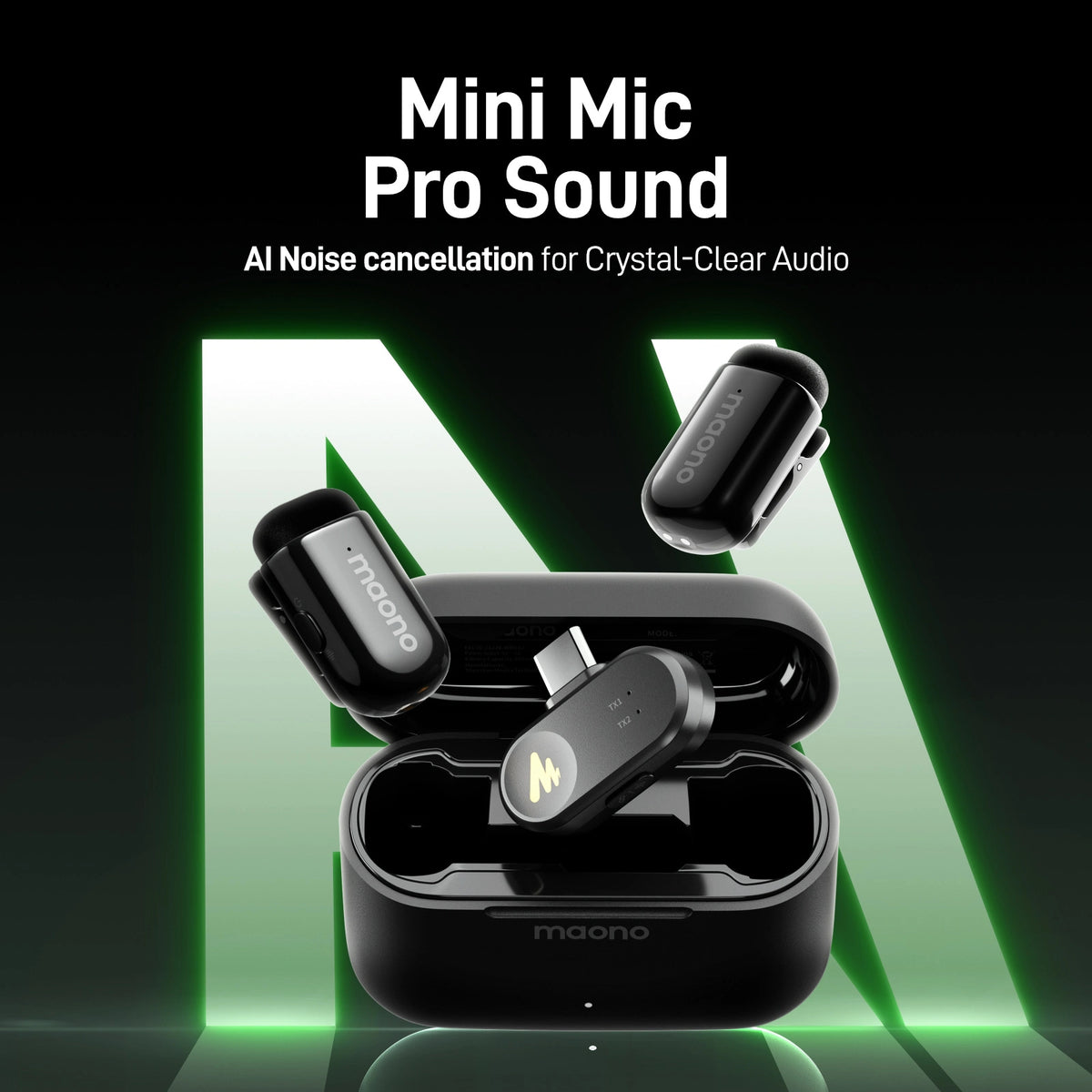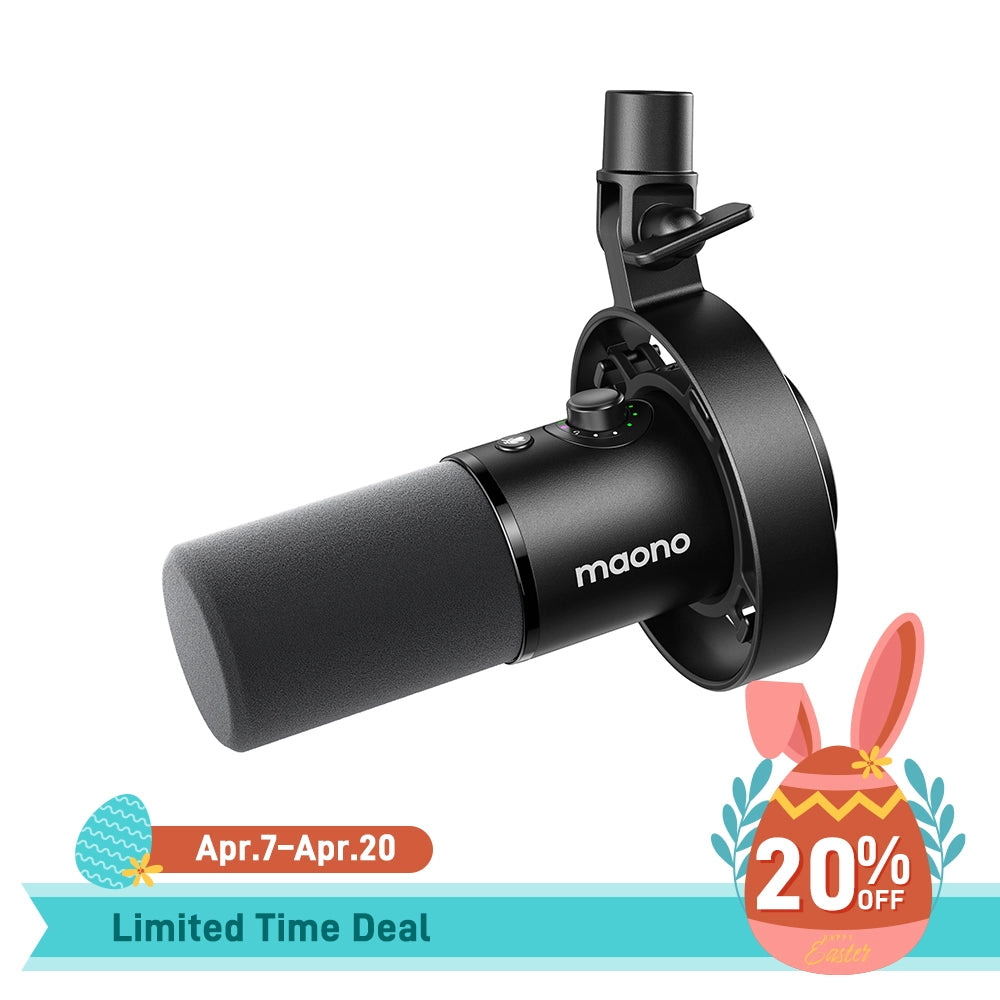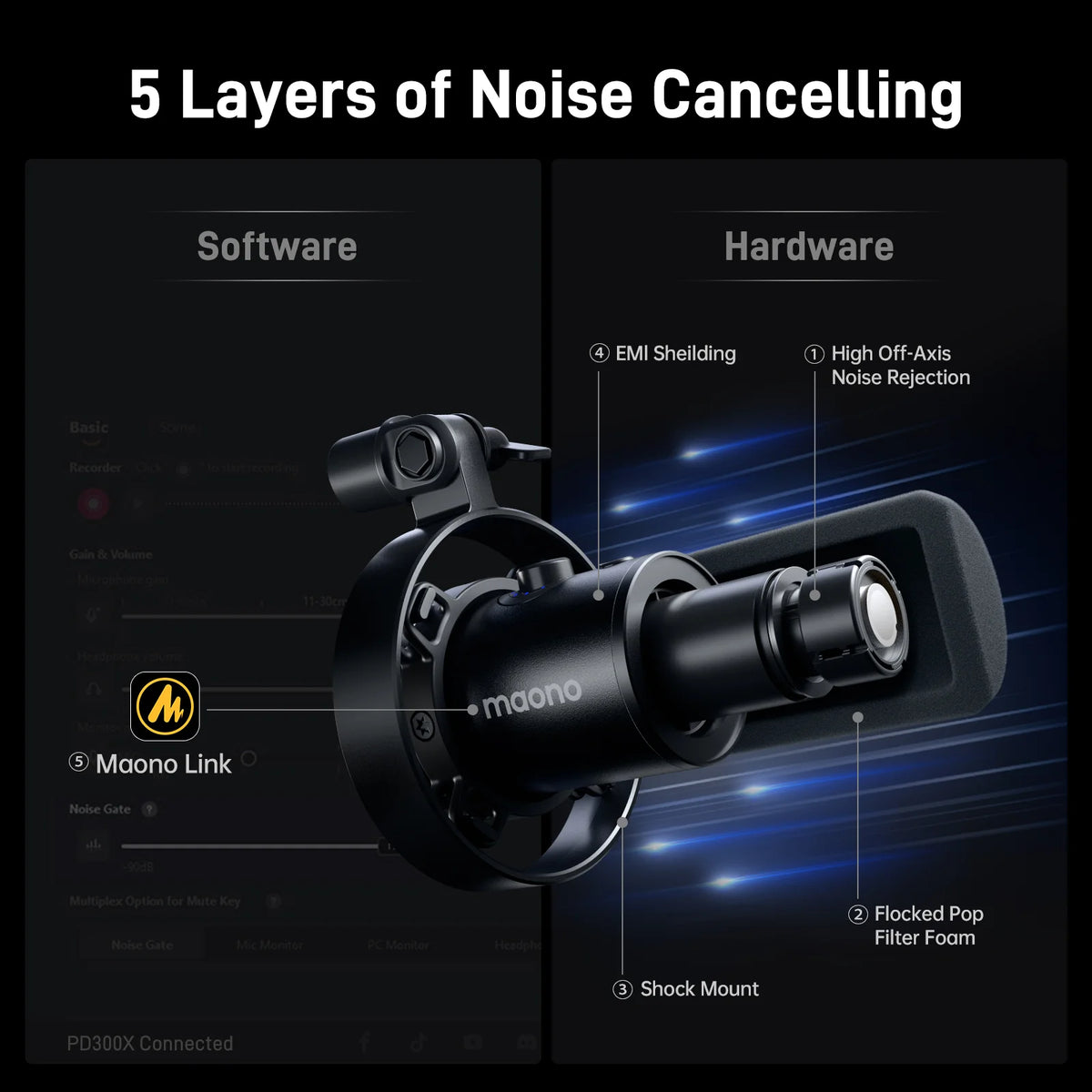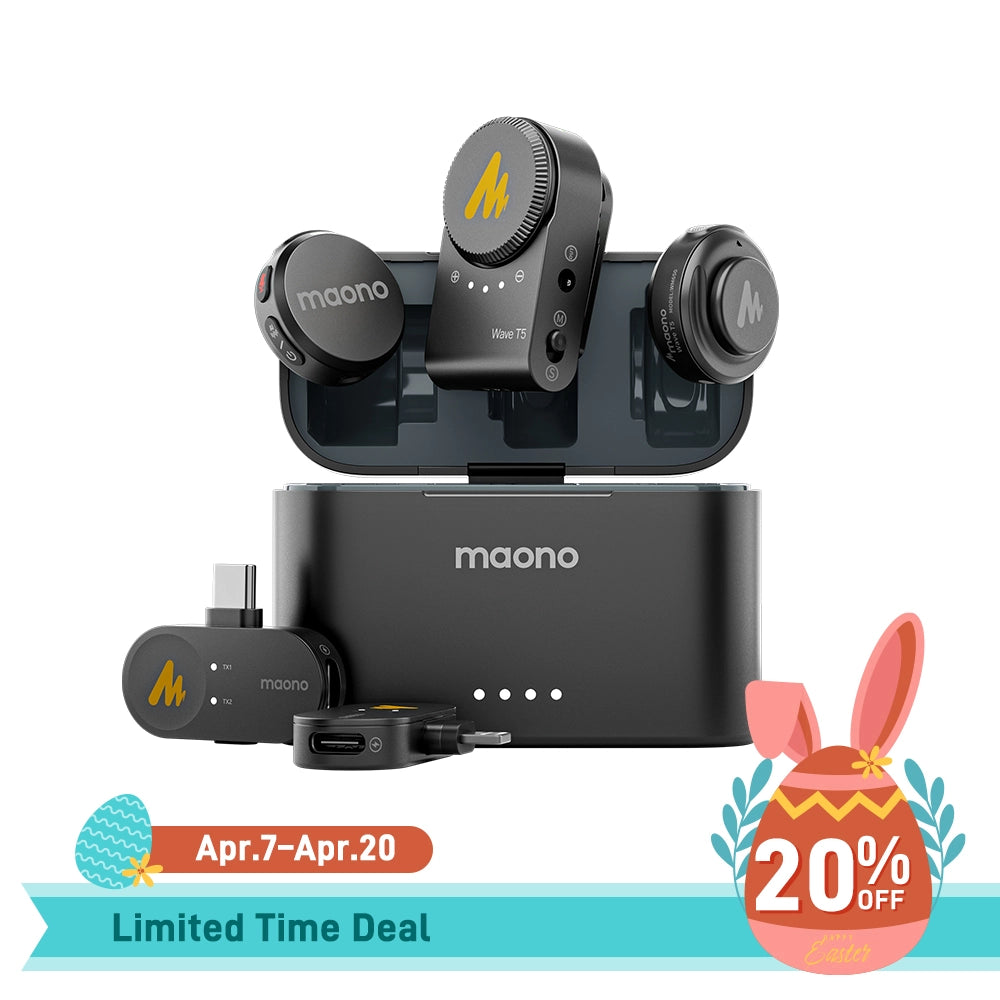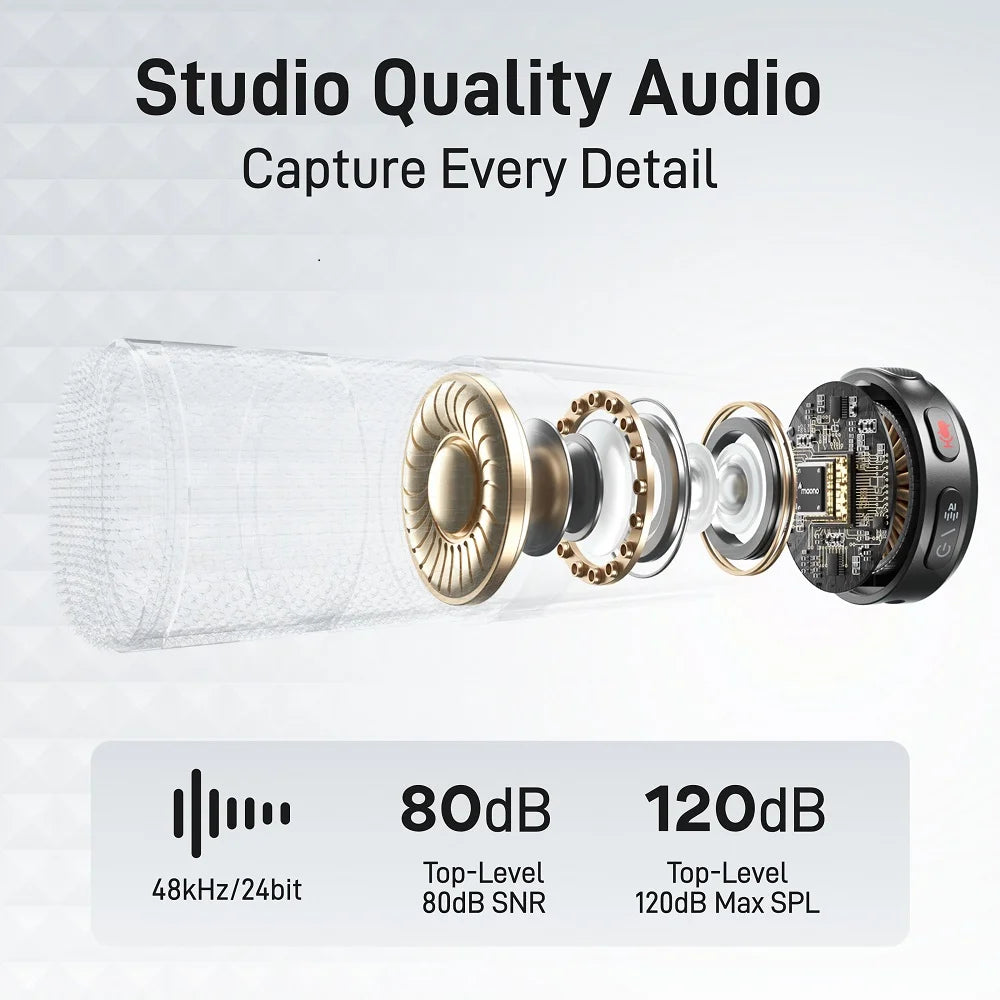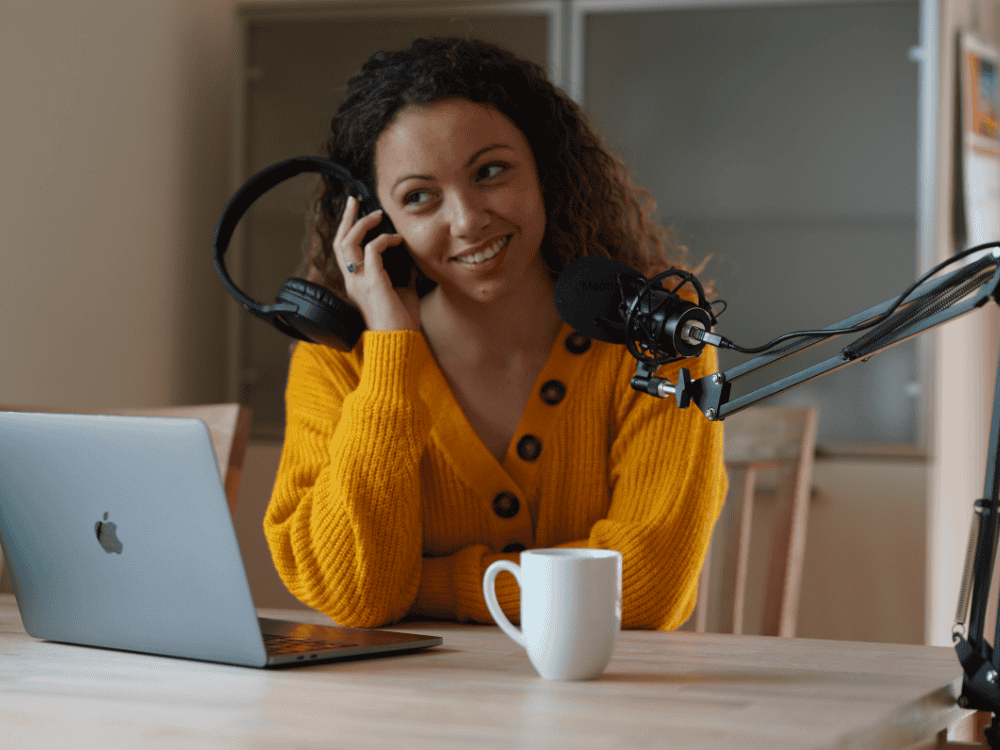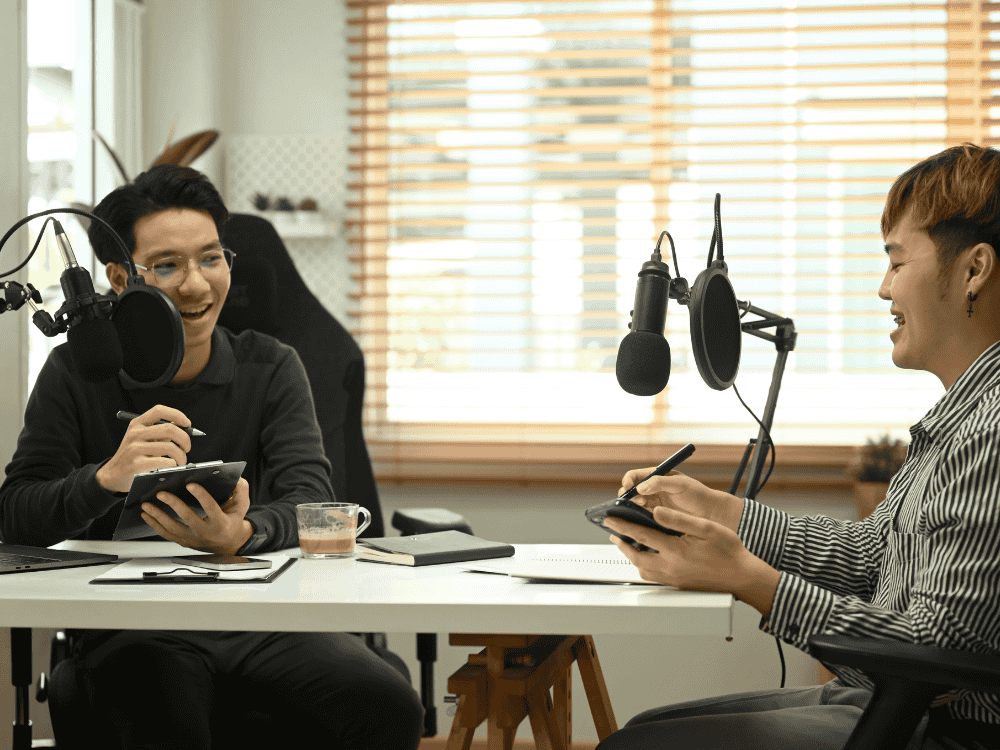Who doesn’t love to sound professional while making your podcast?
The audience prefers a voice with high quality and clarity. They might have pre-assumptions regarding the quality of voice they are about to hear just like listening to a radio.
Listeners prefer a decent podcast that serves good quality sound along with content. However, when they hear something that doesn’t match their expectations, it is quite disappointing.
As a podcaster, your voice should be free from noise, and unwanted disturbances.
Why do you need Microphones for Podcasting
While recording voice, you need to consider certain factors.
- Optimize space: Select a space free from noise and disturbance. Try to avoid the echo, background noises, sound from fans or any appliances, or even a hollow sound from quiet rooms.
- Observe the pickup pattern: Focus on how your voice is picked up and the extent of clarity while delivering the message. It should be clear and satisfying.
- Be professional: A tiny and normal headset won’t be appealing and doesn’t serve the purpose. Good Microphones can be professionally audible.
- Make voice loud and clear: A device picks up the voice well when it is delivered within a distance of 12 inches. Clarity and loudness should go hand in hand to serve the listeners with the best.
- Durable solution: Rooms can be imperfect. They can be surrounded by many unwanted noise and disturbances. However, a durable solution should filter out these and make you deliver rightly in a podcast.
Microphones stand as a perfect solution to all the above factors. They also come with more life and dynamic ranges.
Choose the microphones that best suit your demand keeping your pockets happy.
The Four Characteristics of a Good Podcasting Mic
The microphone is the first link between you and your listeners. But exactly which podcaster microphone do you need? It really boils down to four things:
- Cardioid pickup pattern to reduce noise: condenser mic captures sound sources that are directly in front of the mic without any unwanted background noise. quality mic that brought professional audio into the home studio at studio-quality articulation and intelligibility.
- Pop Filter: Filters can be internal or external, but they help look professional and eliminates
- Shock Mount: It can help you to strike out the vibrations that might impact your voice when the mic goes live.
- Sound Customization: The features like equalizers, switches, compressors, and bass pickup ensure that your information is audible.
How to Choosing Between a Dynamic and Condenser Microphone?
-
Dynamic Microphones: If recording vocals for your podcasts is your prime concern with a microphone, then you may go for dynamic mics.
Dynamic mics make ideal choices to record at home.Their features mask the unwanted noise.
- Condenser Microphones: These microphones are sensitive and provide a higher output level. if your Podcaster is indoors, and you have a quiet work space, you want your Podcaster not so noisy, bring a good Podcaster atmosphere to the listener, then the condenser microphone will be more suitable for you
Pros: Sensitive radio, complex workmanship
Disadvantage: Higher requirements for environment.
Why USB Microphones for your Podcast
- You may record and podcast alone in your studio
- Plug them easily into any other audio devices if you wish to
- Cost-Effective and easy to use
- Can be directly plugged into the USB port of the device
- Easily Portable
Now, you need not worry about choosing a good USB microphone that suits your requirements.
Besides having good content, it is also important to have the choicest and high-quality microphone to make your podcast interesting and entertaining.
Always hold the mic closer to your mouth, but be sure that you do not blow air into it.
When you are ready with the information that can keep your listeners engaged, you won’t be ready to compromise the quality of the sound.
Why wait, Choose the Best Quality Microphones and start podcasting with confidence!


